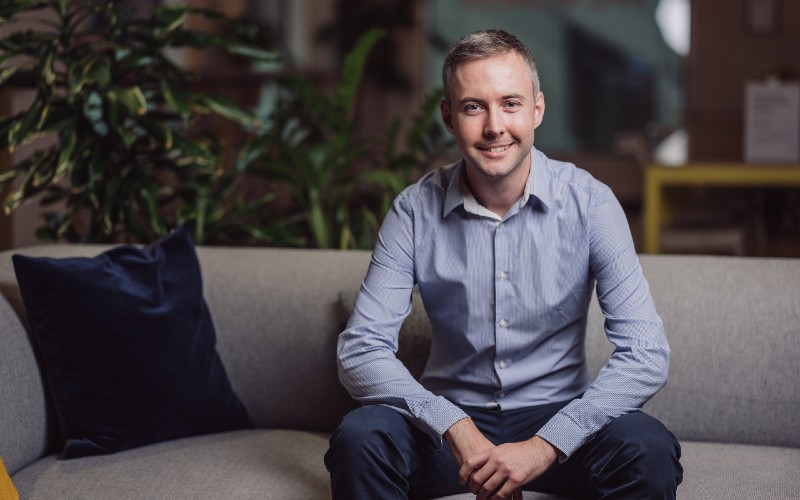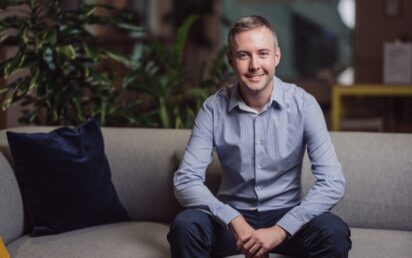The tech firm behind a solution to radically improve the efficiency and productivity of fab (factory) manufacturing processes has announced a £15 million Series A investment.
Modern semiconductor fabs are the most complex manufacturing environments in the world, with the production process generating more scheduling options than there are atoms in the universe.
A next-generation chip wafer might go through between 500-2,000 machine steps in a dynamic process. The end-to-end process of making a single chip could take from six months to a year to complete.
Flexciton’s solution analyses the real-time data that each fab generates and applies technology to decide which actions need to be taken to optimise production.
The current chip shortage continues to make headlines worldwide, highlighting a semiconductor supply chain that is far from robust. COVID-19 may have impacted production, but it has shown how difficult it is for the industry to quickly adapt to surges in demand.
Around 169 industries were affected by the shortage, from automotive and consumer electronics to steel producers and concrete manufacturers. But agility is not the only issue – demand continues to grow and the industry needs more capacity. Globally, the industry is expected to be worth $803 billion by 2028.
The funding was led by Nadav Rosenberg of Saras Capital.
Jamie Potter, co-founder and CEO of Flexciton, said: “Automation is already used by many semiconductor manufacturers.
“However, even in advanced fabs where scheduling itself is automated, the software used to make these decisions tends to be based on predefined rules programmed by humans and determined by historical data.
“Yes, it can calculate different options far quicker than a human operator could, but the options are still ‘best guesses’ rather than optimal outcomes.
“Flexciton is able to create an overview of how the entire fab is operating and rapidly sift through the trillions of options available, to come up with the optimal decision at that precise point in time.
“Using AI-powered mathematical algorithms and Mixed Integer Linear Programming, we can analyse real-time data – not historical – and make the best choices possible based on what is happening in a fab at a given moment.
“Our vision is to become the best in the world at running semiconductor fabs, before turning our attention to support other manufacturers. This investment plays a key part in achieving this, as we expand our team.”
Flexciton claims efficiency gains of 10%, which would mean it saves a factory using 1,000 machines tens of millions per year.
There are currently over 1,000,000 machines worldwide waiting to be optimised – a number that continues to grow due to the worldwide demand for semiconductors.


